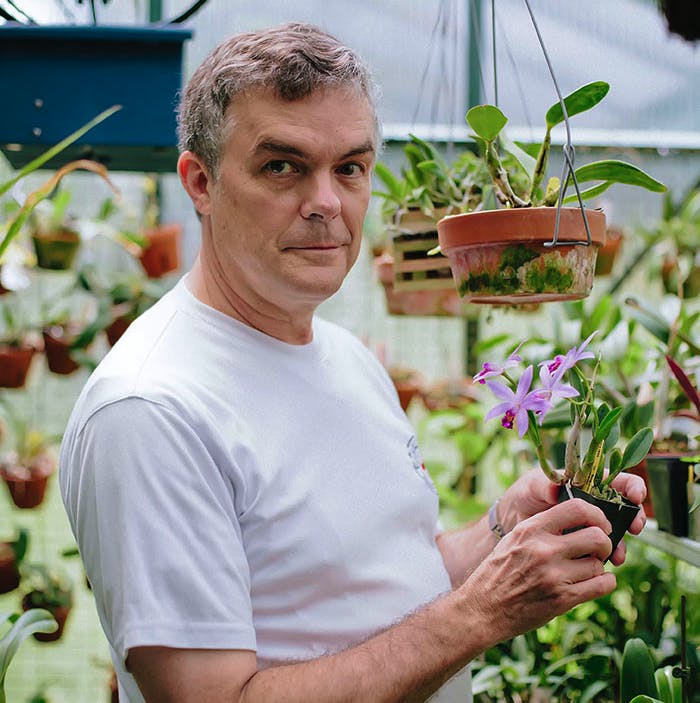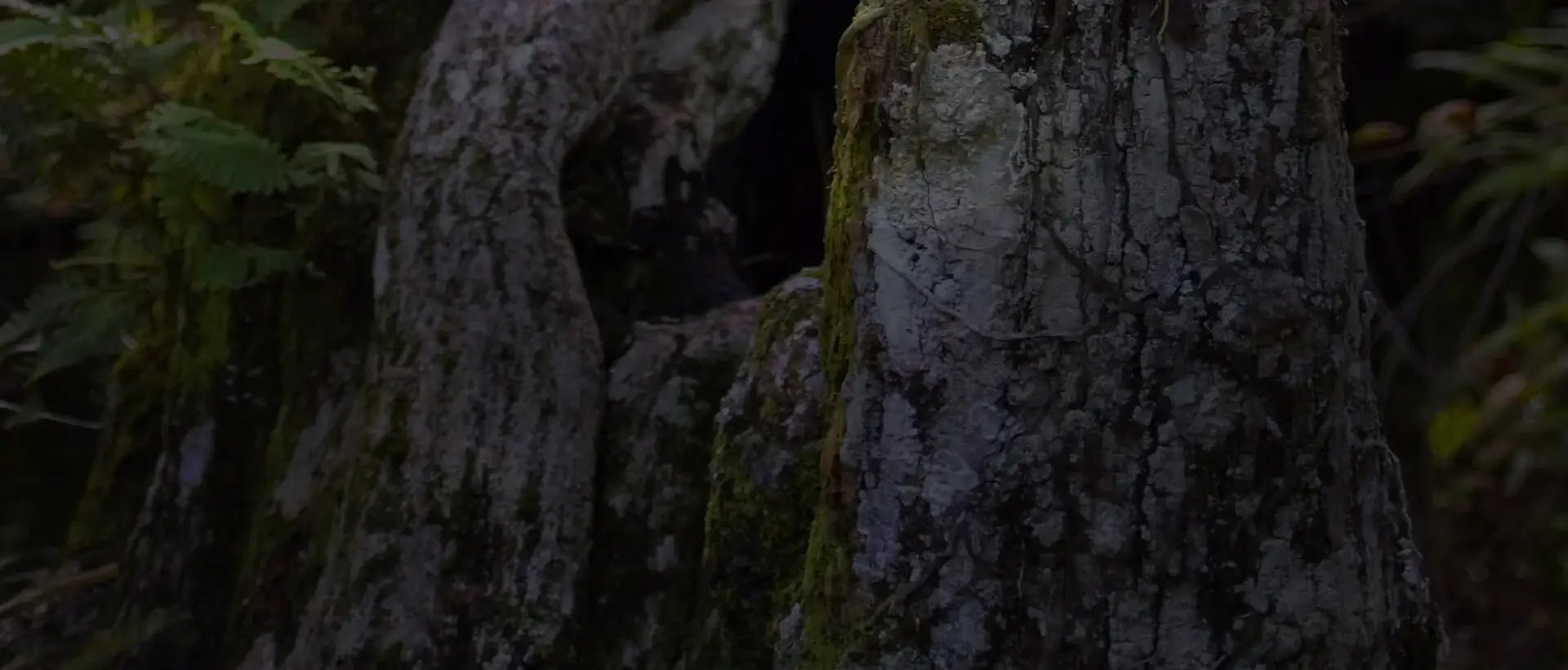

Dr Clark Riley

Biography
Clark Riley has been an active orchid grower since 1957. At the age of six, he got his first plant, a probably-collected Yellow Ladyslipper (Cypripedium pubescens) from a perennial nursery. The plant died a miserable death in a short time, but not before blooming and cementing a love of orchids that has lasted over half a century. He has labored ever since to make amends by promoting the sound cultivation of Ladyslippers. He grows a wide range of orchids, including several thousand terrestrials, hardy species, and ladyslippers, Brazilian Laelias, and specialty Phalaenopsis, often from seed. He was the producer for the book and CD of Proceeding of the North American Native Terrestrial Orchid Conference. He is a member of the Maryland Orchid Society and the American Orchid Society. He can be reached at DrRiley@aol.com or visit his web site at http://cyps.us.
Talks and Abstracts


Down & Dirty Orchids, Terrestrials Come of Age

Orchid Taxonomy for Fun and Profit - A Beginner's Introduction and Veteran's Relief

Cinderella's Slippers Found! The Cypripediums and Selenipediums.

Orchid Resources in Overdrive

Orchid Breeding for the Beginner or Veteran

Building the 21st Century Hobby Greenhouse

FREE ACCESS: Orchid DealWire
Get notified when orchid vendors have special promotions and exclusive savings.







